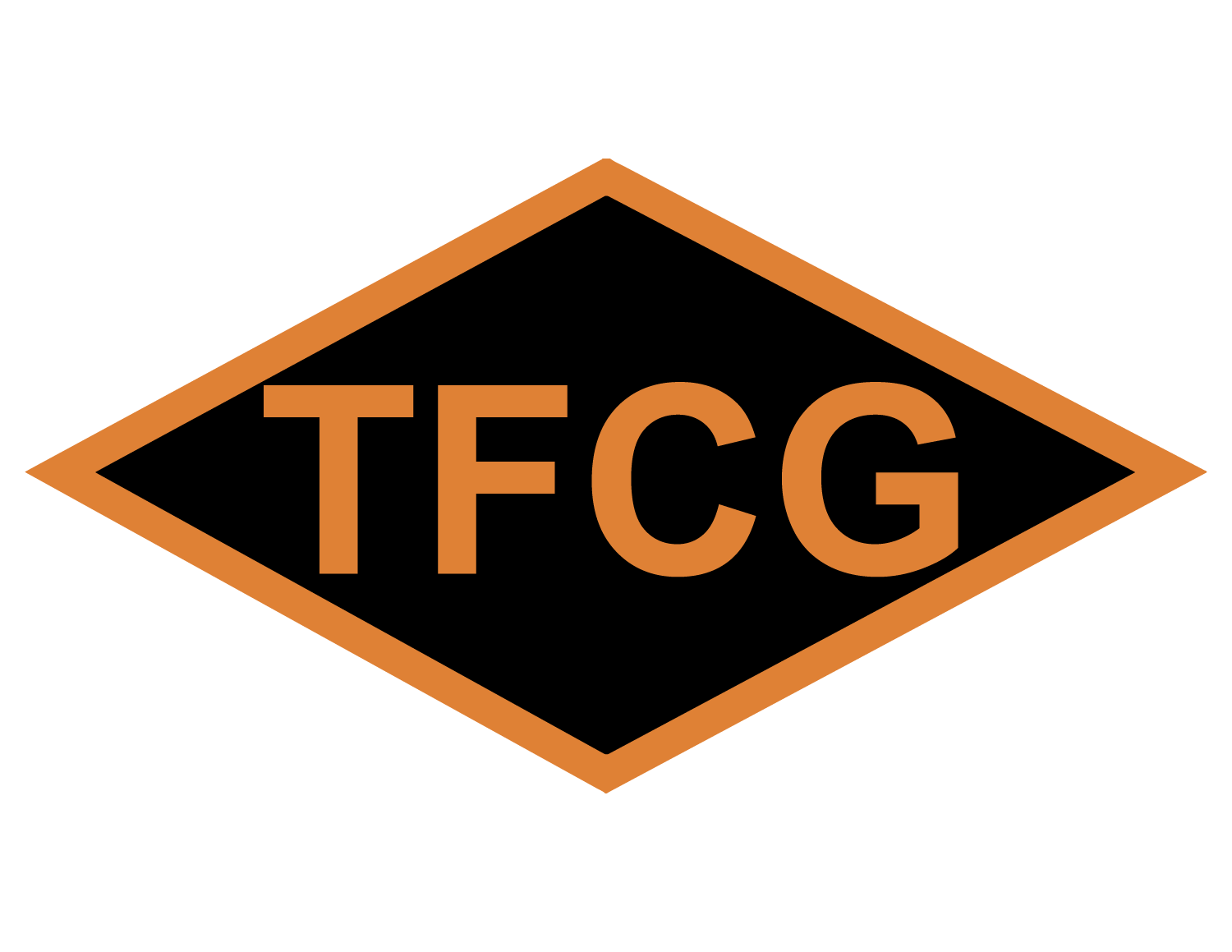The Power of the Peloton (#56)
Teams win the Tour de France (see post #49 —https://www.thefivecoatconsultinggroup.com/the-coronavirus-crisis/great-teams-in-the-tdf ). Although we celebrate the individual on the podium in Paris, the team is paramount in bike racing. The peloton, or pack of riders, is always faster than an individual rider due to the aerodynamics involved in drafting. Although the lead riders in a peloton are working hard, those in the middle or back of the peloton may be using as little as 10 percent of the energy as those in front. Pelotons achieve their faster pace by having the lead rider “pull” for 30 seconds and then peel off to the back of the line. During the 2020 Tour de France the peloton averaged over 24.7 miles per hour for the whole race! I can barely hold 20 miles per hour for an hour. Does your organization operate as a peloton or as individuals? Could you organize the individuals into a peloton and achieve better results?
As promised, the 107th edition of the Tour de France was an incredibly exciting race. Lead changes, heroic efforts, and unexpected teams all helped the storyline. But more importantly, the race was able to complete its 21 day schedule during the coronavirus, overcoming positive tests in the support staff and an increasing infection rate in France. The riders did not wear masks during the race, but put them on both before and after. The logistics of maintaining the Tour’s “bubble” of about 1,500 people that moved from town to town as the race moved across France was daunting to say the least.
Yesterday in Paris, Tadej Pogacar of the Team UAE Emirates donned the yellow jersey as the winner of the 2020 Tour de France. He finished 59 seconds ahead of Primoz Roglic of Team Jumbo Visma after 87 hours and 2,165 miles of racing over 21 days. Pogacar did not have a great team (Team UAE Emirates’ two best team members withdrew before the race was half over). Instead, he used a tactic of drafting off of the other great riders in the peloton as the teams battled it out. This tactic enabled him to stay within a minute of the yellow jersey day-after-day. Finally, he used a dominating individual time trial (the fastest time trial in the Tour) on Saturday to win the yellow jersey. Only 21 years old, he has many great years of cycling ahead of him.
For the first time in a decade, Team Ineos was not a factor in the race. Their best rider, Egan Bernal (who won the Tour in 2019) struggled and withdrew before Stage 17. Ineos salvaged their pride by winning Stage 18 with a long breakaway by Michal Kwiatkowski. Kwiatkowski was able to win by using his teammate, Robert Carapaz, to form a mini-peloton that was faster than the rest of the riders.
For twenty days, Team Jumbo Visma looked like the dominant team with four very strong riders (Sepp Kuss, Wout van Aert, Tom Dumoulin, and Tony Martin) who formed a peloton to put their leader, Primos Roglic, into the yellow jersey. Everyday in the Tour, those four were up front, leading the peloton and keeping Roglic in the #1 spot. Unfortunately, the peloton can’t help in the individual time trial — Roglic lost the time trial by almost 2 minutes, along with the yellow jersey to Pogacar on the next-to-last day.
Two American cyclists also stood out. Sepp Kuss, from Colorado, finished 15th overall. More importantly he was critical to Jumbo Visma’s success (remember their rider, Primoz Roglic, finished 2nd overall). During the race, Sepp powered the Jumbo Visma peloton, protected Roglic, took 4th in a stage, and looked like an incredibly strong climber and future overall contender. Neilson Powless, from California and a member of Team Education First, went on two big breakaways and finished 4th and 5th in two different stages. There is hope for the future of American cycling.
Just like the peloton is always faster than the individual in the Tour de France, your team is always more powerful than the individual. Continue working on building your great team (https://www.thefivecoatconsultinggroup.com/the-coronavirus-crisis/great-teams ) by ensuring that they have:
A goal
A roadmap of how to get there
A scoreboard that tracks the progress
A culture that provides the guardrails for the team to operate between.
Trust in the team that developed through shared experiences and hardships
Team UAE Emirates in the 2020 Tour de France had all five critical elements of a great team, even after they lost two critical team members. Make sure your group has all five and then watch the power of the peloton crush the competition.
